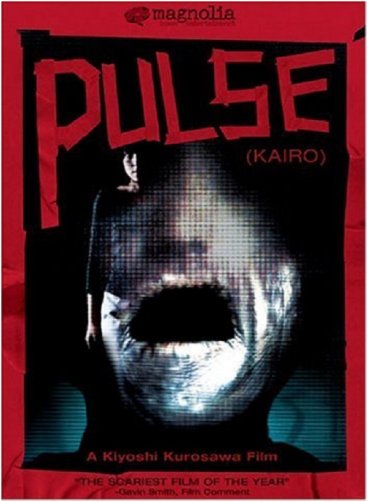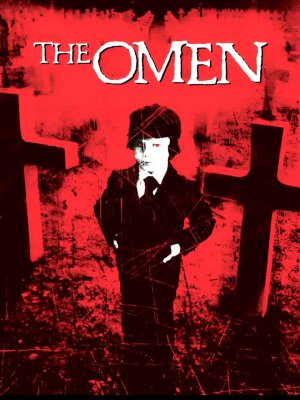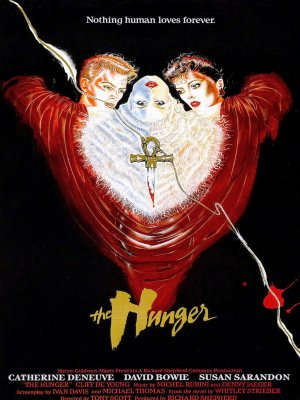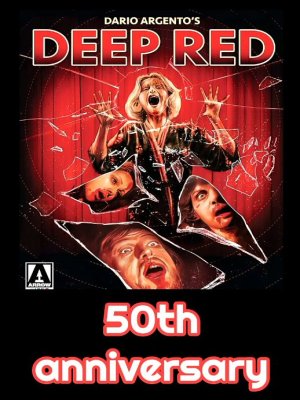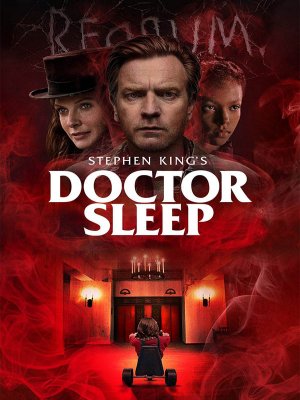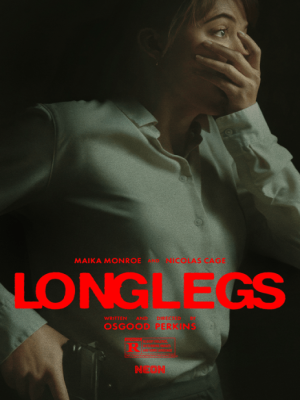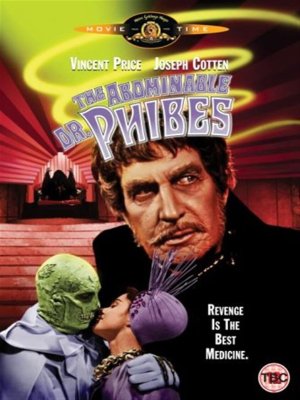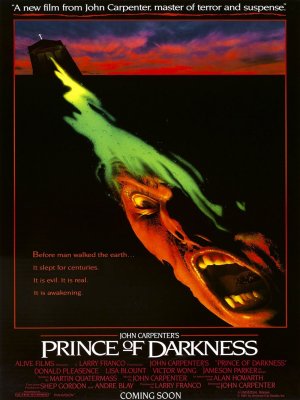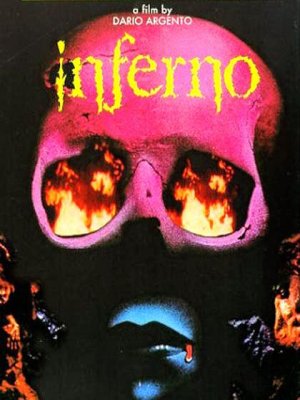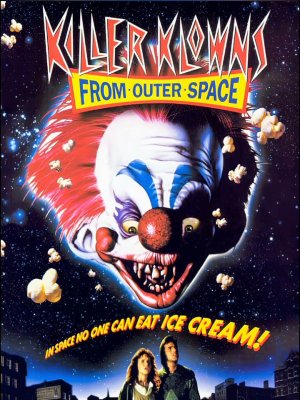Kairo (Pulse)
After one of their friends commits suicide, strange things begin happening to a group of young Tokyo residents. One of them sees visions of his dead friend in the shadows on the wall, while another’s computer keeps showing strange, ghostly images. Is their friend trying to contact them from beyond the grave, or is there something much more sinister going on?
It’s safe to say that we’ve created our share of iconic horror characters here in America. Horror icons like Freddy Krueger (A Nightmare on Elm Street), Michael Myers (Halloween), or Jason Vorhees (Friday the 13th) are so highly recognizable, that they’re pretty much synonymous with the mere concept of a horror movie. Even so, no country handles horror quite like Japan does.
Japanese horror films have a much-deserved reputation for being exceptionally horrifying and thought-provoking at the same time. You won’t find as many homicidal maniacs gracing genre screens in Japan (although you’ll definitely meet plenty of vengeful ghosts). You will get to lose yourself in plots that hit you where you live, as a lot Japanese horror takes place in apartments, schools, and other places you’re likely to find yourself on a day to day basis (as opposed to the giant mansions common in American horror).
Kairo was released in 2001 and was directed by acclaimed horror master, Kiyoshi Kurosawa (Cure, Creepy). It was also screened at Cannes Film Festival that year and has received considerable praise from critics ever since. In addition to accumulating a loyal cult fan base, Kairo has been adapted into a novel by Kurosawa, as well as rebooted in 2006 by writers Wes Craven and Ray Wright, and director Jim Sonzero.
Although there are lots of horror films out there these days with plotlines that revolve around social media, Kairo was actually one of the first. Many horror aficionados also believe it’s far superior to any of the approaches that have come after it. The plotline is a dual one. The first thread follows a group of garden center employees dealing with a friend’s sudden decision to commit suicide after working with a particular floppy disk. The second follows the misadventures of a young student after downloading an internet search tool.
Don’t make the mistake of simply assuming Kairo is probably just another predictable tale about a haunted computer with a jump scare thrown in here or there to keep things interesting. The storyline here is actually quite detailed, and it keeps the viewer guessing (and growing increasingly more afraid) as the film continues. This is one of those films that’s all about figuring out what’s really going on, and it does a great job of doing this in a fresh new way.
Kairo is also seriously scary. A lot of this is the superior camera work and cinematography, but the sound treatment in this is top notch as well – a true testament to what horror filmmakers should be shooting for when they set out to make a film that really delivers. Long, single takes allow the incredible performances to shine their brightest, as well as give the suspense a chance to build. Some of the scarier scenes are incredibly realistic as well, so definitely prepare to jump out of your seat a time or two.
At the end of the day, a lot of J-horror fans have heard the hype about Kairo over the years. In most cases, hype is just hype – something that builds the viewer up only to let them down when they actually get a chance to give the film a chance. That won’t happen with Kairo, as it deserves every little bit of praise you’ve ever seen it receive. It’s brilliantly shot, it’s thought-provoking, and it’s truly terrifying on a level you don’t experience very often, especially if you’ve seen more than your share of horror films. It’s intricate enough to have some real re-watch value as well, so Kairo would make a splendid addition to your running collection of Japanese horror gems.


